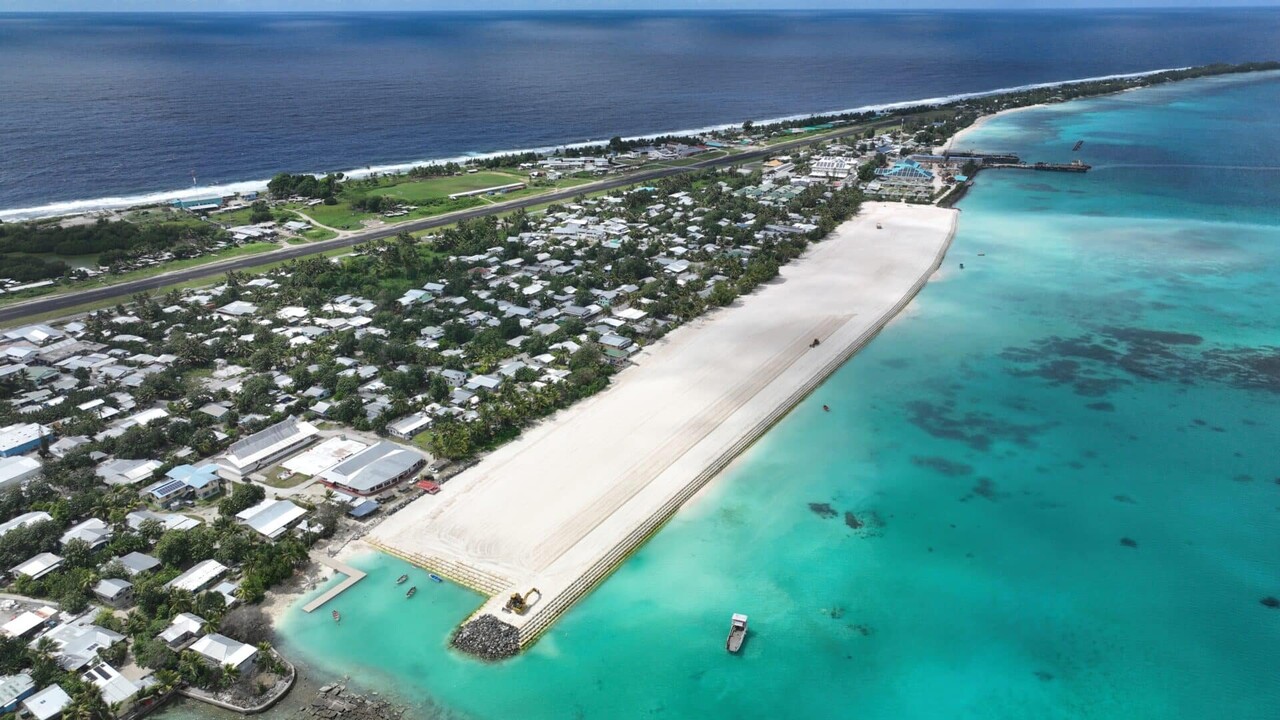
A climate visa application period was held from June 16th to July 18th for Tuvalu citizens, giving them a chance to migrate to Australia as the nation faces rising sea levels. Tuvalu is an island country situated southwest of the Pacific Ocean between Hawaii and Australia, with an elevation of only two meters above sea level, making it vulnerable to rising sea levels and severe weather conditions. As sea levels increase, the seawater gradually seeps into underground freshwater zones that are mainly used for growing crops, damaging the crops through soil salinization, which is when the collection of salts in soil harms crop yield and production. Through a ballot system, 280 Tuvaluans have secured visas to live, work, and study in Australia, without needing specific requirements such as a job offer. This visa, officially called the Pacific Engagement visa (subclass 192) – Treaty Stream (Tuvalu), was originally signed under the Australia-Tuvalu Falepili Union Treaty in 2023 to tackle climate change and strengthen security, but applications did not begin until June 2025. As of July, over 80% of 11,000 Tuvaluans have applied for the visa, and those given the visa are expected to move to Australia by the end of 2025, according to the Australian government. Wesley Morgan, a research associate at the University of New South Wales (UNSW) Institute for Climate Risk and Response, said in an interview with New Scientist that Australia might aim for similar agreements with other Pacific island countries in the future.
